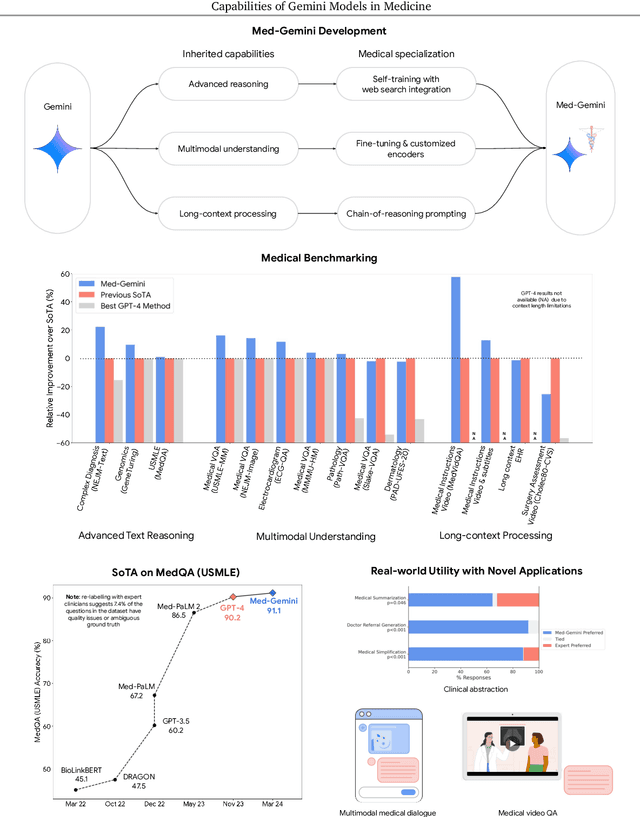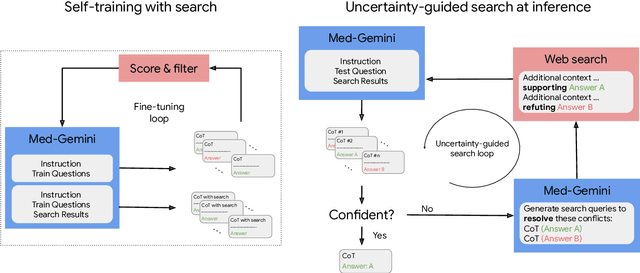Jesper Anderson
Uncovering Layer-Dependent Activation Sparsity Patterns in ReLU Transformers
Jul 10, 2024Abstract:Previous work has demonstrated that MLPs within ReLU Transformers exhibit high levels of sparsity, with many of their activations equal to zero for any given token. We build on that work to more deeply explore how token-level sparsity evolves over the course of training, and how it connects to broader sparsity patterns over the course of a sequence or batch, demonstrating that the different layers within small transformers exhibit distinctly layer-specific patterns on both of these fronts. In particular, we demonstrate that the first and last layer of the network have distinctive and in many ways inverted relationships to sparsity, and explore implications for the structure of feature representations being learned at different depths of the model. We additionally explore the phenomenon of ReLU dimensions "turning off", and show evidence suggesting that "neuron death" is being primarily driven by the dynamics of training, rather than simply occurring randomly or accidentally as a result of outliers.
Capabilities of Gemini Models in Medicine
May 01, 2024



Abstract:Excellence in a wide variety of medical applications poses considerable challenges for AI, requiring advanced reasoning, access to up-to-date medical knowledge and understanding of complex multimodal data. Gemini models, with strong general capabilities in multimodal and long-context reasoning, offer exciting possibilities in medicine. Building on these core strengths of Gemini, we introduce Med-Gemini, a family of highly capable multimodal models that are specialized in medicine with the ability to seamlessly use web search, and that can be efficiently tailored to novel modalities using custom encoders. We evaluate Med-Gemini on 14 medical benchmarks, establishing new state-of-the-art (SoTA) performance on 10 of them, and surpass the GPT-4 model family on every benchmark where a direct comparison is viable, often by a wide margin. On the popular MedQA (USMLE) benchmark, our best-performing Med-Gemini model achieves SoTA performance of 91.1% accuracy, using a novel uncertainty-guided search strategy. On 7 multimodal benchmarks including NEJM Image Challenges and MMMU (health & medicine), Med-Gemini improves over GPT-4V by an average relative margin of 44.5%. We demonstrate the effectiveness of Med-Gemini's long-context capabilities through SoTA performance on a needle-in-a-haystack retrieval task from long de-identified health records and medical video question answering, surpassing prior bespoke methods using only in-context learning. Finally, Med-Gemini's performance suggests real-world utility by surpassing human experts on tasks such as medical text summarization, alongside demonstrations of promising potential for multimodal medical dialogue, medical research and education. Taken together, our results offer compelling evidence for Med-Gemini's potential, although further rigorous evaluation will be crucial before real-world deployment in this safety-critical domain.
 Add to Chrome
Add to Chrome Add to Firefox
Add to Firefox Add to Edge
Add to Edge